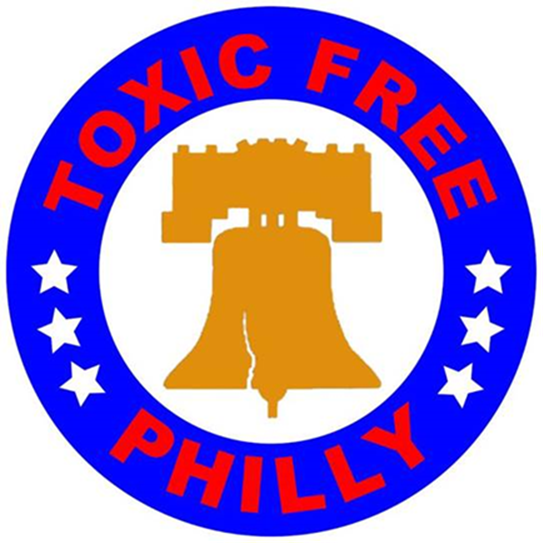By Sadie Francis
Toxic Free Philly is a growing coalition of diverse stakeholders calling upon Philadelphia City Council to join over 100 US cities that are prohibiting the use of synthetic and toxic pesticides on all city-owned property. The majority of Philadelphia City Council members have expressed interest in the proposed legislation as public support grows.
Why Toxic Free? The evidence that exposure to synthetic pesticides is detrimental to public health and the environment is overwhelming. Every week new information is added to the already significant evidence that strongly associates exposure to synthetic pesticides with asthma, cancer, developmental and learning disabilities, nerve and immune system damage, liver and kidney damage, reproductive impairment, birth defects, and disruption of the endocrine system. Infants, pregnant women, the elderly, and people with compromised immune systems and chemical sensitivities are especially vulnerable to these adverse effects.

Young children are probably the most at risk -- not only do they take in more pesticides than adults relative to body weight and are less able to detoxify these chemicals, but they are also subjected to increased exposure when they play in pesticide-treated playgrounds and parks.
Synthetic pesticides are favored by land managers because they are readily available, perceived to be relatively inexpensive, and represent a supposedly benign method of killing “target species.” However, research has proven that their toxic effects are not limited to their respective target species, and, when factoring public health impacts, we now know that synthetic pesticide use is too costly. Synthetic pesticides are also harmful to pets, wildlife, soil microbiology, plants, and natural ecosystems, including honeybees and other pollinators.
In the past 30 years, long term studies in regenerative and permaculture approaches, which focus on preventing problems around soil fertility, compaction, and pH balance, have proven to bring about healthy ecological conditions and increased biodiversity. Our land management practices should shift away from being dependent on man-made chemicals, to focusing on manual and mechanical methods, monitoring, public education and adjusting our aesthetic tastes. Safe alternatives to synthetic pesticides are available.
Toxic Free Philly advocates for all Philadelphia public grounds to be safe and healthy, nurturing, thriving habitats for human residents and wildlife alike. Our approach is to bring together public health experts, community leaders, business interests, urban agriculture, lawyers, and local government to work to protect public health and restore environmental quality.
To sign the online petition and join the coalition, visit www.ToxicFreePhilly.org.
Sadie Francis is an executive committee member at Toxic Free Philly. She is an urban ecologist and biophilic consultant with a background in environmental science and policy. She has eleven years of experience in ecological restoration, collaboration management, and environmental assessments for the US Department of Energy, and several regional non-profits and think tanks.